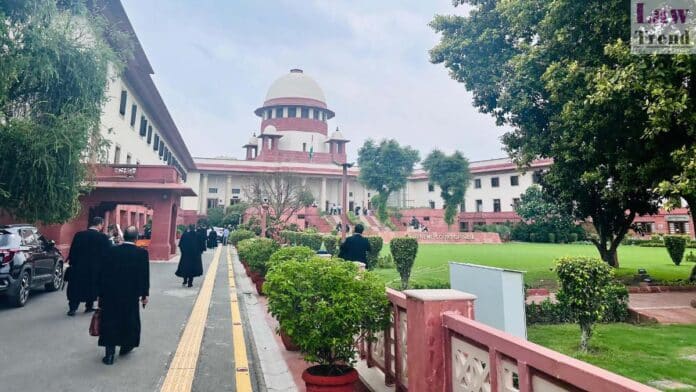In a landmark judgment, the Supreme Court of India dismissed Civil Appeals Nos. 8315–8316 of 2014, filed by Renjith K.G. and others against Sheeba, upholding a High Court order that set aside the execution of a partition decree and remanded the case to the trial court. The Supreme Court, comprising Justice Pankaj Mithal and Justice
To Read More Please Subscribe to VIP Membership for Unlimited Access to All the Articles, Download Available Copies of Judgments/Order, Acess to Central/State Bare Acts, Advertisement Free Content, Access to More than 4000 Legal Drafts( Readymade Editable Formats of Suits, Petitions, Writs, Legal Notices, Divorce Petitions, 138 Notices, Bail Applications etc.) in Hindi and English.




